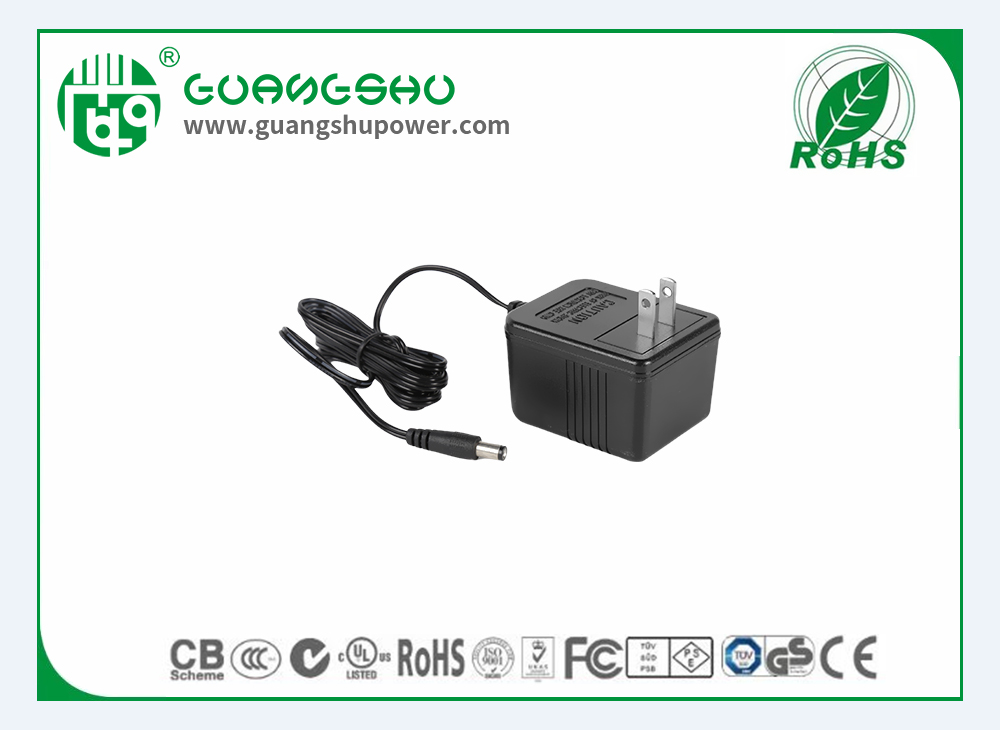Time:2024-12-19 Views:0

The charging speed of a device is indeed related to the data cable used. A data cable serves not only as a medium for data transfer but also for power transmission. The quality and specifications of the cable can have a significant impact on the charging rate. Firstly, the cable's gauge or thickness of the wire conductors matters. Thicker wires have lower resistance, allowing for a higher current to flow through. For example, a cable with a larger gauge, such as 24 AWG (American Wire Gauge), can carry more current compared to a thinner 30 AWG cable. This means that a device can receive more power and charge faster when a thicker cable is used, provided the power source and the device support higher current charging.
Secondly, the quality of the connectors at both ends of the cable is crucial. Poorly made connectors may have loose or corroded contacts, which can increase resistance and impede the flow of electricity. High-quality connectors ensure a reliable and efficient connection, minimizing power loss during charging. Additionally, some cables are specifically designed for fast charging and are labeled as such. These cables are engineered to meet the requirements of fast-charging protocols. For instance, USB-C cables that support higher power delivery standards like USB Power Delivery (USB PD) can enable rapid charging of compatible devices. However, it's important to note that even with a high-quality cable, if the device or the power adapter does not support fast charging or has limitations in its charging circuitry, the full potential of the cable may not be realized. So, while the data cable is an important factor in charging speed, it works in conjunction with other components of the charging system.
Read recommendations:
25W power adapter desktop line in line out
54V0.6A Wall Plug European Plug